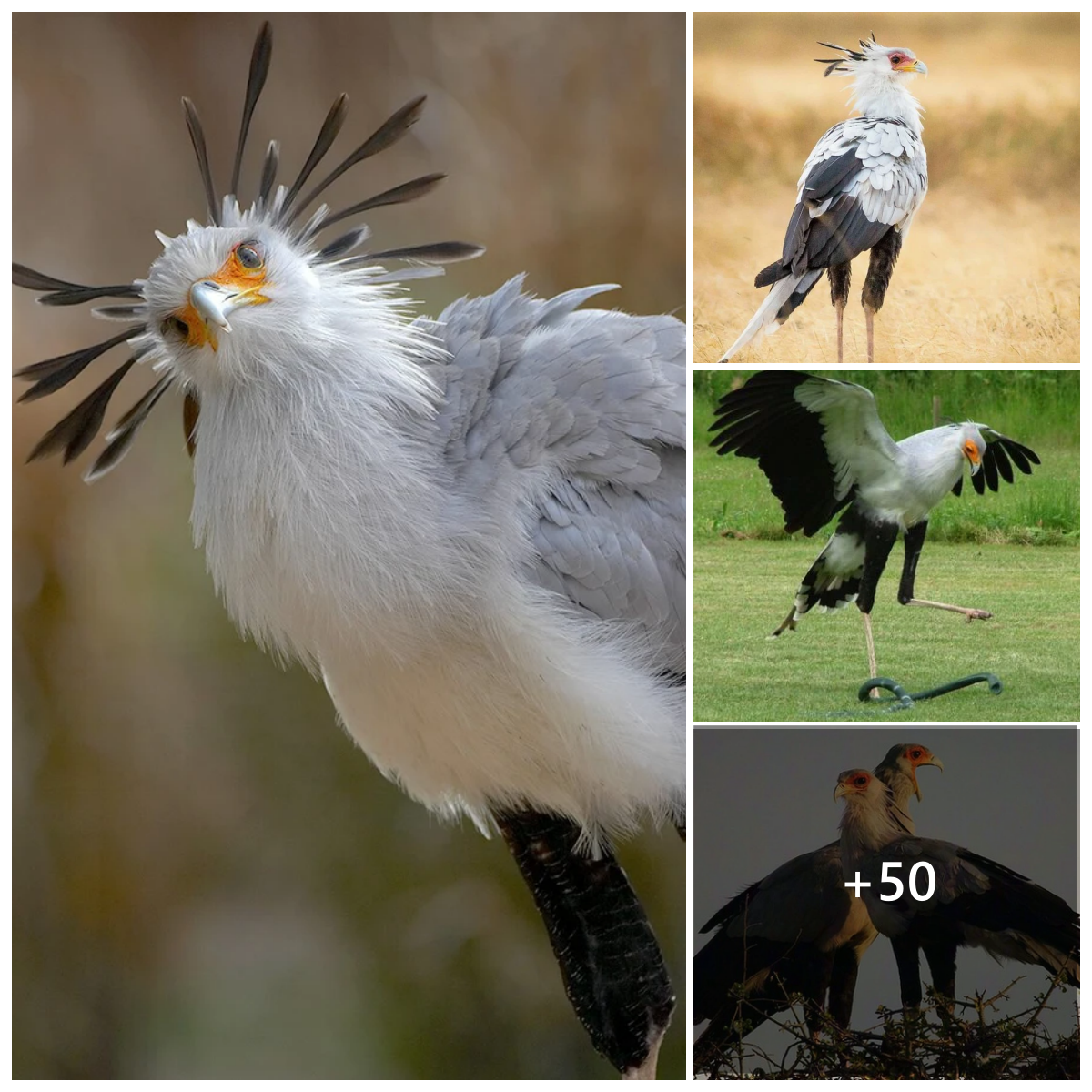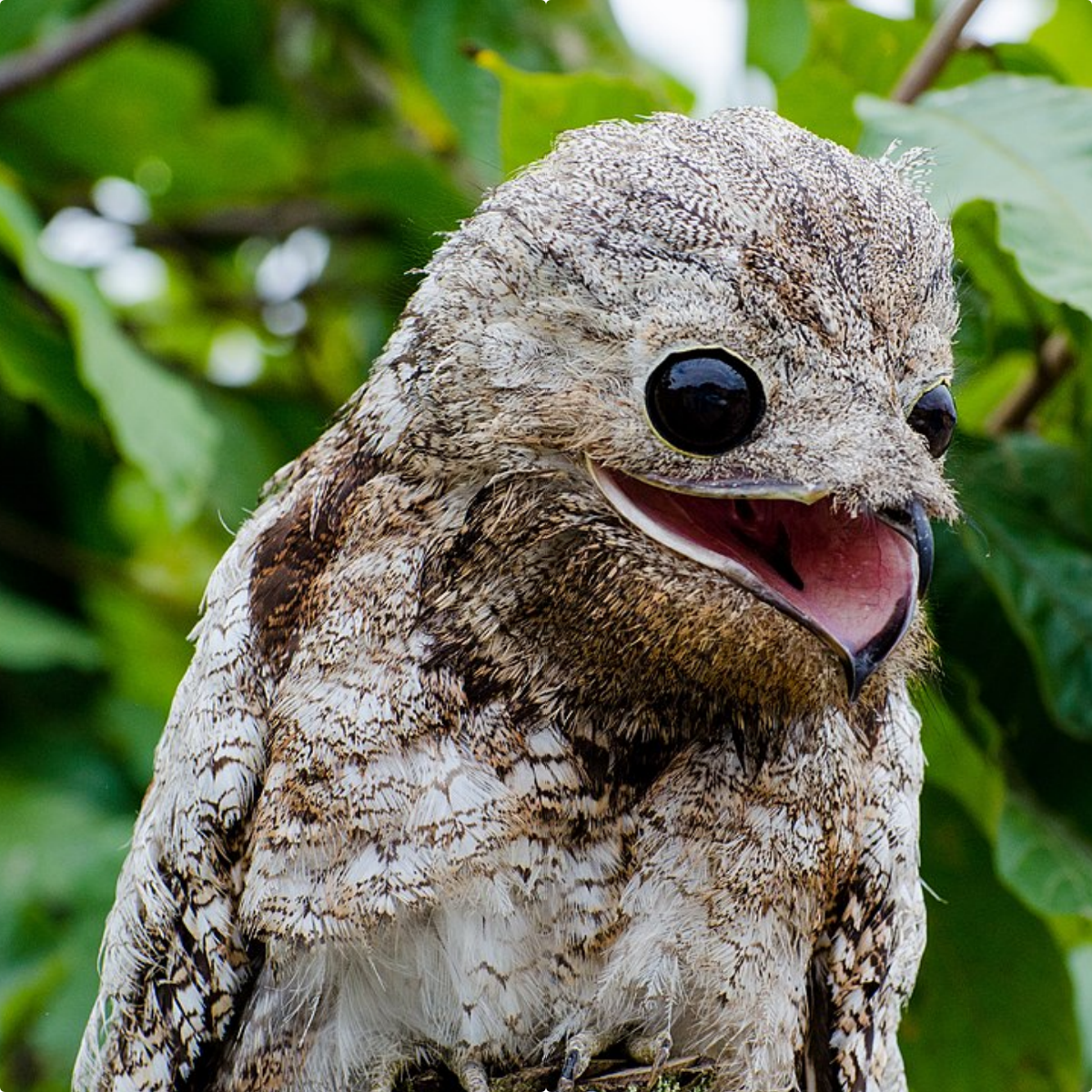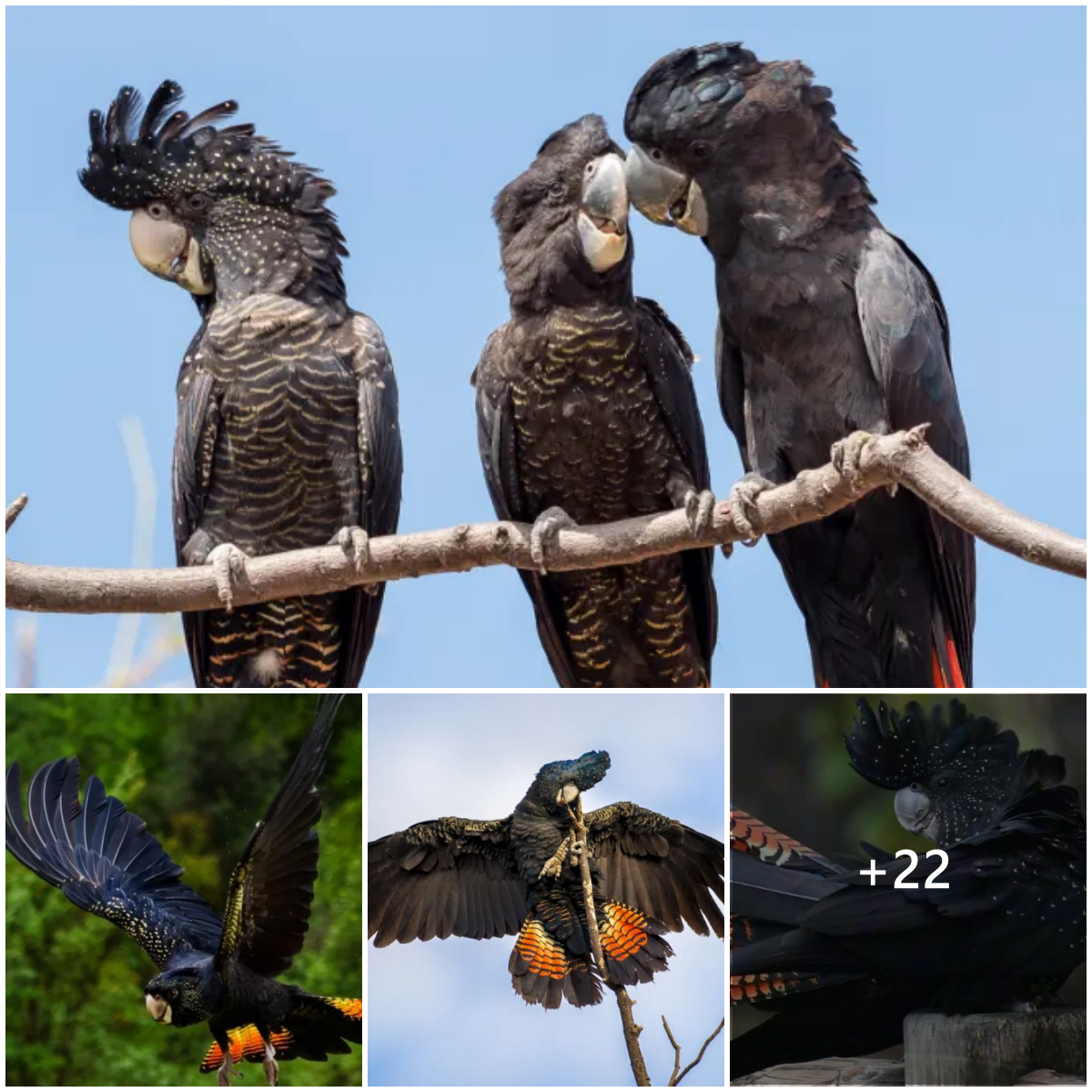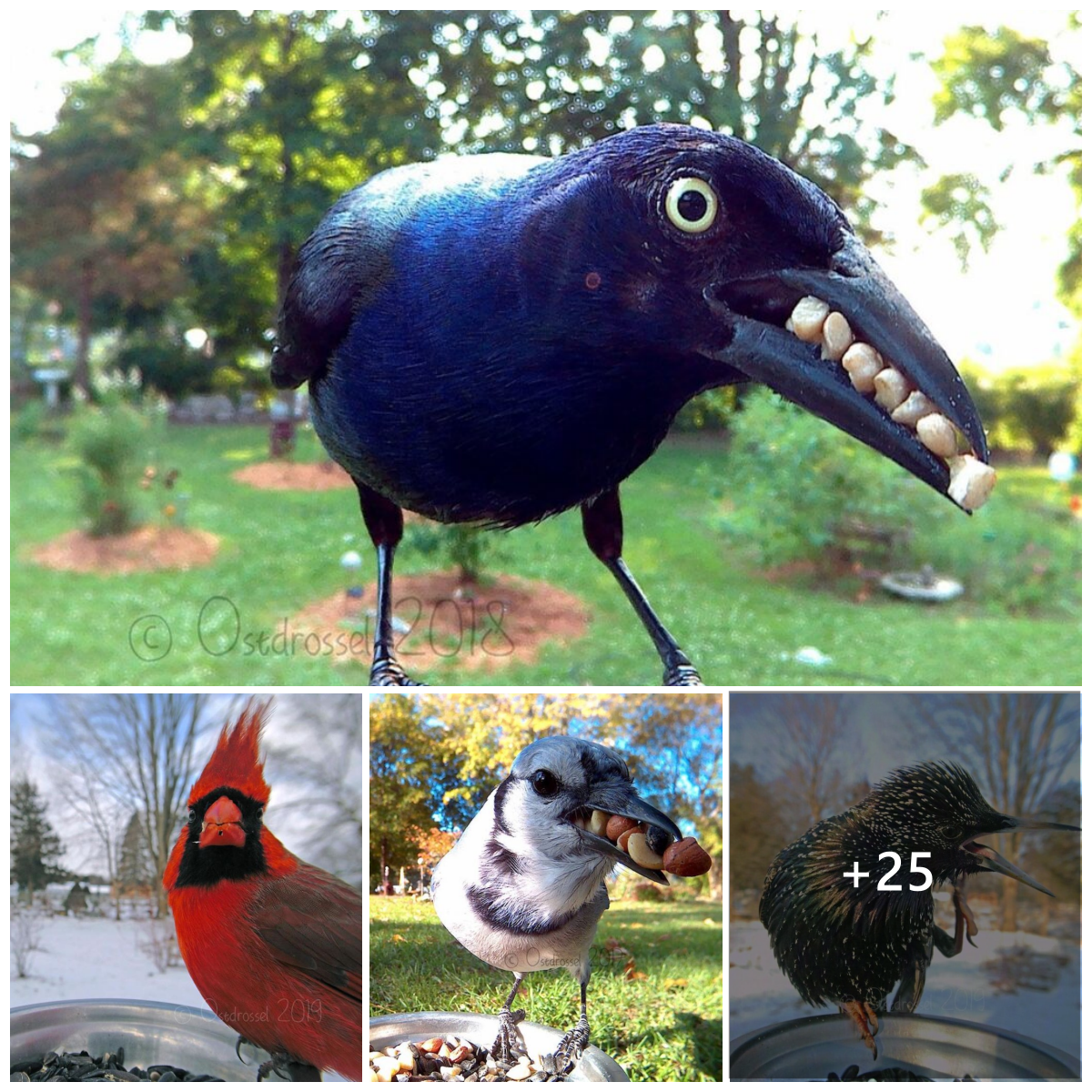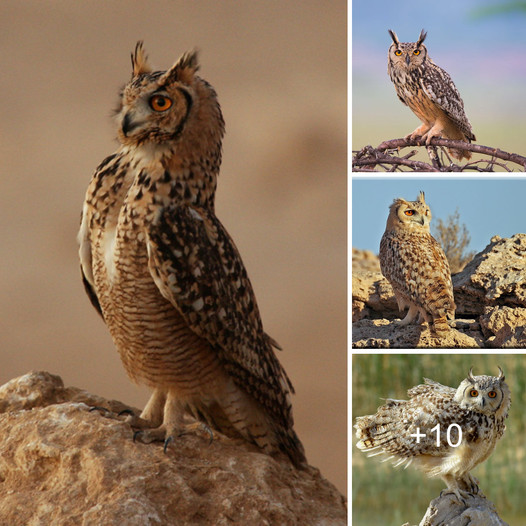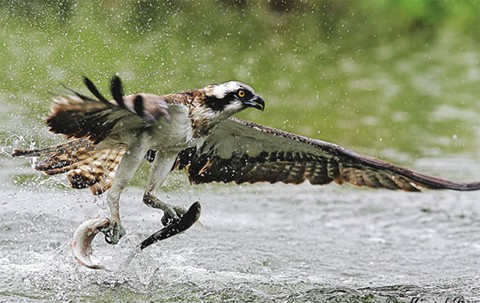In the snowy landscapes of Hokkaido, Japan, a delightful bird flits through the frosty branches, capturing the hearts of nature enthusiasts and photographers alike. The Shima Enaga, a subspecies of the long-tailed tit, is renowned for its endearing appearance and charming behavior.
A Visual Delight

The Shima Enaga, often referred to as the “snow fairy,” stands out with its pure white plumage, black beady eyes, and short, stubby beak. Unlike its relatives, this bird lacks the distinctive black “eyebrows” that long-tailed tits are known for, giving it a more angelic and fluffier look. Measuring only about 14 centimeters in length, its body is small and round, making it resemble a cotton ball with a long tail.
Habitat and Behavior

These enchanting birds inhabit the dense forests and woodland areas of Hokkaido. They are highly sociable, often seen in flocks, chirping melodiously as they dart between trees in search of insects, spiders, and other small invertebrates. The Shima Enaga’s playful and acrobatic movements make it a joy to observe in its natural habitat.

During the winter months, these birds become even more captivating. Their white plumage blends seamlessly with the snowy surroundings, making them appear like tiny, living snowflakes. Despite the harsh conditions, Shima Enagas remain active and lively, embodying resilience and adaptability.
The Shima Enaga in Popular Culture
.jpg)
The Shima Enaga’s cuteness has not gone unnoticed. It has become a beloved symbol in Japanese culture, often featured in art, merchandise, and social media. Its popularity soared as photographers and bird watchers shared mesmerizing images and videos online, drawing international attention to this charming bird.
Conservation Efforts

While the Shima Enaga is not currently endangered, it benefits from conservation efforts aimed at preserving Hokkaido’s natural forests. Protecting their habitat ensures that these delightful creatures continue to thrive and enchant future generations.
Conclusion

The Shima Enaga is more than just a bird; it’s a symbol of nature’s beauty and resilience. Its fluffy appearance and lively demeanor bring joy to all who encounter it, whether in the wild or through the lens of a camera. As we continue to admire and protect these snowy fairies, we are reminded of the delicate balance of our natural world and the importance of preserving it.




